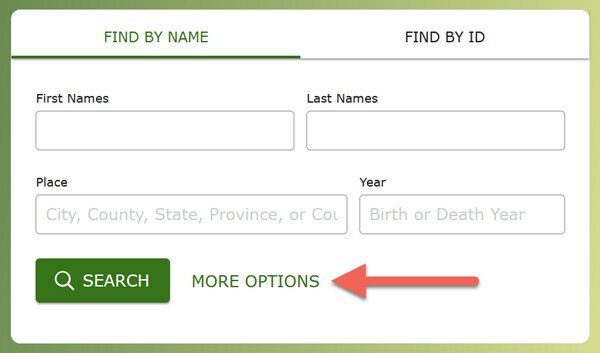Have you ever wondered how to find the origin of your family name? Knowing where your surname comes from can give you a deeper understanding of your family’s history. In this article, we will guide you through different ways to trace the origin of your family name and discover its meaning. By following these steps, you can learn more about your ancestors and the stories behind the names passed down through generations.
1. Start with Family Records
The first step in how to find the origin of your family name is to look at family records. Talking to older relatives or searching through family documents can provide valuable information about your surname. These records might include old letters, birth certificates, or family trees. Often, family members can share stories about how your last name has been passed down through the generations, helping you understand its origin.
Additionally, if your family has kept a detailed family tree, you may find clues about where your surname originated. If not, starting one with your immediate family can be a good way to track down your surname’s history.
2. Use Online Genealogy Tools
If you want to learn more about how to find the origin of your family name, there are many online genealogy tools that can help. Websites like Ancestry.com, MyHeritage, and FamilySearch provide access to historical records, census data, and other documents that can help you trace your surname. These websites often have search features where you can enter your family name and find records that link to people with the same surname.
By using these online tools, you may be able to find information about the region or country where your family name first appeared. These tools can also show you how your surname has evolved over time.

3. Research the Meaning of Your Surname
Another important aspect of how to find the origin of your family name is understanding its meaning. Many family names have roots in occupations, places, or personal characteristics. For example, the surname “Smith” likely refers to someone who worked as a blacksmith, while “Baker” refers to someone who worked with bread. Some surnames are derived from places, like “London,” which could indicate that an ancestor came from London.
To learn more about your surname’s meaning, you can use online resources such as Behind the Name or House of Names. These websites provide detailed explanations of many surnames and can help you understand where your name comes from and what it means.
4. Explore Historical and Regional Sources
Once you understand the meaning of your surname, the next step in how to find the origin of your family name is to explore historical and regional sources. Many family names have connections to specific countries, regions, or cities. Searching for your surname in local history books, regional archives, or online historical databases can provide more context.
If you know the general area where your ancestors lived, focus on researching surnames that are common in that region. Some surnames were created based on geographic features, like rivers or mountains, which can give you clues about where your family originated. In some cases, historical documents, such as old church records or land deeds, can help trace your family name back to its origin.
5. Use DNA Testing to Trace Your Ancestry
Another method for learning how to find the origin of your family name is through DNA testing. DNA tests, such as those offered by companies like 23andMe, AncestryDNA, and MyHeritage, can give you information about your ethnic background and the regions where your ancestors lived. While DNA testing cannot always tell you the exact origin of your surname, it can help you trace your family’s migration patterns over time.
If your DNA results show strong connections to a particular region or country, this can help narrow down the origin of your surname. DNA testing also allows you to connect with distant relatives who might share your last name, giving you more information about your family’s history.
6. Join Online Genealogy Communities
In your search for how to find the origin of your family name, consider joining online genealogy communities and forums. These groups can provide valuable insights and support. By sharing information with others, you may discover more about your surname and its history. Many genealogy websites also have community forums where people discuss their research and exchange tips.
Sometimes, members of these online communities may have traced the same surname and can help you make connections to your ancestors. By networking with others, you can speed up your search and gain access to more information that can help you understand your surname’s origin.
7. Consult Experts in Genealogy
If you’re still having trouble understanding how to find the origin of your family name, consulting a professional genealogist can be a helpful next step. Genealogists are experts in tracing family histories and can provide insights into the origins of surnames. They can help you gather and interpret historical records, making it easier to trace your family’s roots.
Many genealogists offer research services online, so even if you’re not in the same area as the expert, you can still get help. Hiring a professional genealogist can be especially useful if you have hit a dead end in your research or if you’re looking for more detailed information about your surname’s history.
Conclusion
Learning how to find the origin of your family name is a rewarding journey that can provide you with a deeper understanding of your ancestors and family history. By using family records, online genealogy tools, researching surname meanings, exploring regional sources, using DNA tests, joining genealogy communities, and consulting experts, you can uncover the story behind your last name. Whether you are just starting your research or you are deep into your family history, these methods will help you discover where your family name comes from and what it means.











